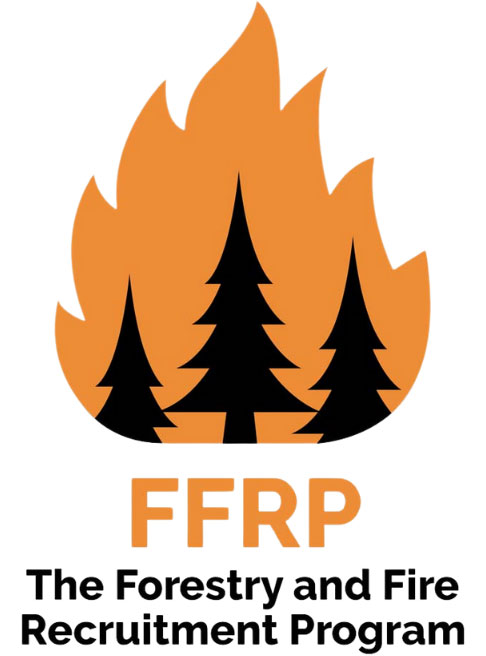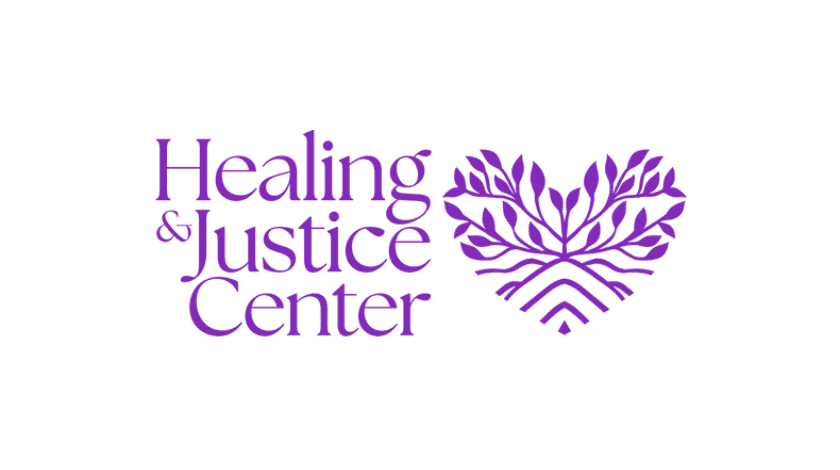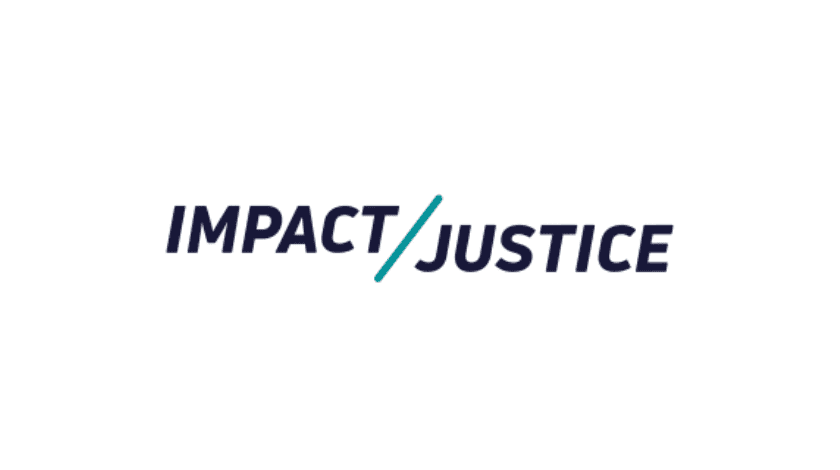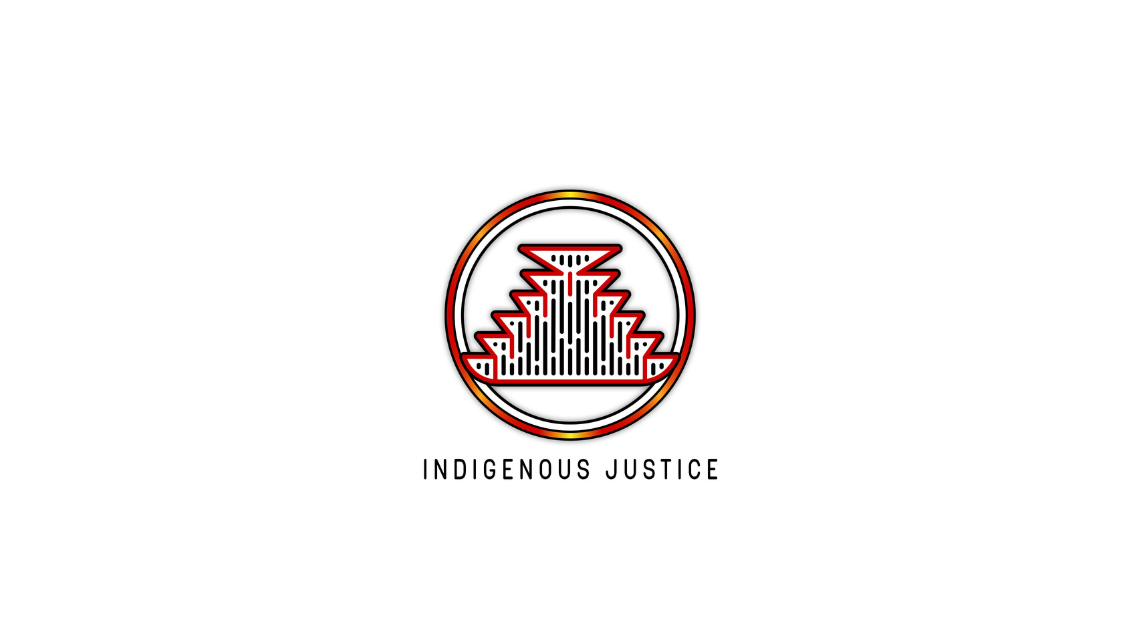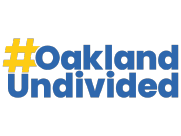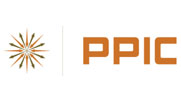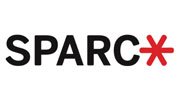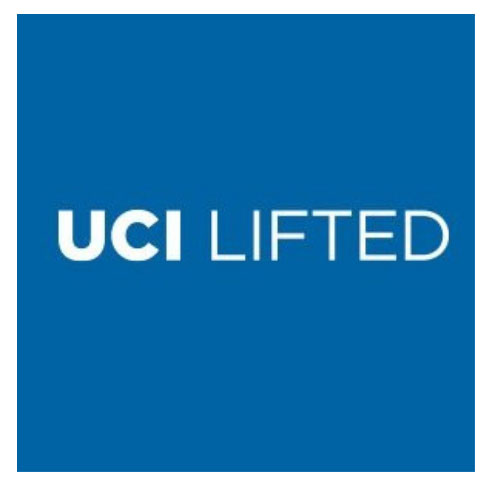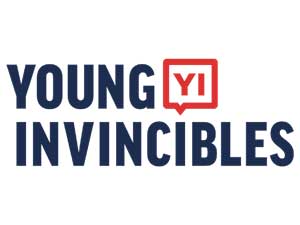Spark Grants Platform
The Spark Grants platform is an innovative just-in-time grantmaking process that enables organizations aligned with our focus areas to receive funding within weeks. This rapid funding approach supports initiatives that would be impossible under traditional grant decision timelines.
The Open Educational Resources (OER) Spark Grants funding cycle will open on March 2nd and close on March 16th. Copies of the Letter of Interest (LOI) and application, as well as a recording of an informational webinar are available to support with your proposal.
OER Funding Cycle Focus Areas
California-Specific
- Support the implementation of California’s historic investment in the Zero Textbook Cost degree program in the California Community College (CCC) system; This can include but is not limited to:
- Focusing on operational or technological infrastructure projects, capacity building, or professional development that scale OER impact.
- Projects that build public awareness and recognition of ZTC degrees’ impacts on campus and within communities, especially projects that have an accelerated turnaround period.
- Projects researching the impact of OER and ZTC programs, such as:
- Efforts that analyze how OER and ZTC projects can be improved to support student success and completion
- Efforts that research specific student success metrics, including but limited to degree completion, grades, retention rates, career attainment
- Projects that build on ZTC degrees beyond the CCC system. Specifically, implementation plans for building on, adapting, and adopting ZTC degrees within the University of California (UC) and California State University (CSU) systems with a focus on degree pathways that serve a high volume of CCC transfer students.
- Projects that mobilize student, faculty, and/or staff participation in passing OER and textbook affordability policies at the UC, CCC, and/or CSU systems. In addition, projects that activate or incorporate member-based organizations representing campus communities, including professional, civic, and labor organizations.
National, Inclusive of California Projects
- Research and public education around student consumer protection in the textbook marketplace, including automatic textbook billing/equitable access programs, price transparency, and student data privacy with a focus on student experience. Efforts can include projects navigating the current political landscape. This can include but is not limited to:
- Research on the prevalence and types of automatic textbook billing that is occurring within the three California public higher education systems
- Policymakers at the system, state, and federal levels often have outdated understandings of the course materials landscape; public education is required to bring them up to speed on the current landscape and the impact it has on today’s students
- Research investigating the impacts of textbook affordability and access policies at the state and federal level, including OER funding, course marking, student consumer protection, price transparency, sustainability, and supporting educators adopting or creating OER. Across the country, states, systems of higher learning, and individual districts have worked to enact diverse policies to support student access to course materials. Understanding the impact of these policies will allow decision makers to better determine which policies are appropriate for their unique circumstances.
The Spark Principles
Scalability
We support systems-level strategies that can create impact at scale and inform public policy.
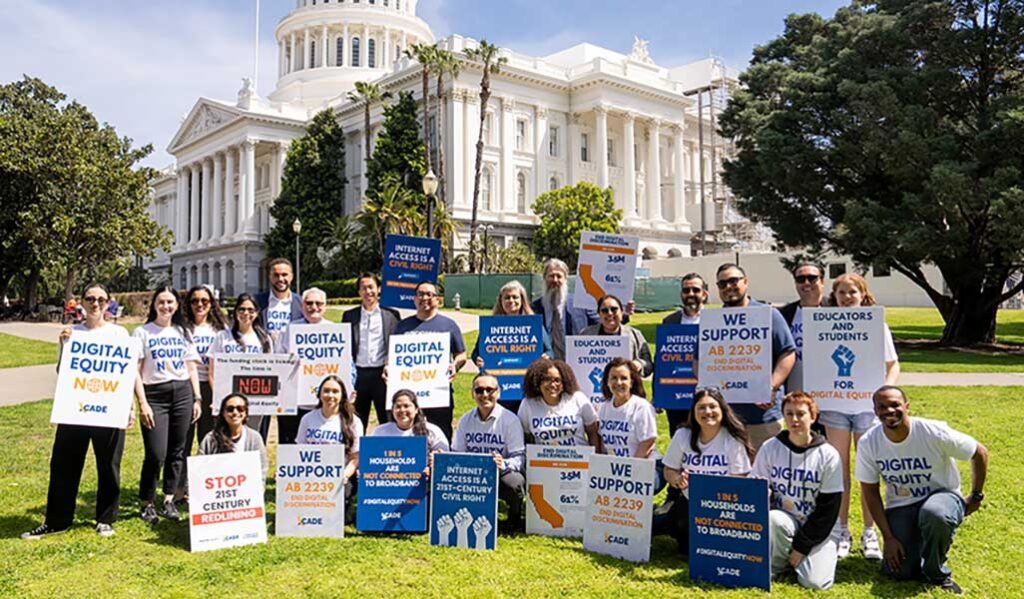
Pilot Program Support
We prioritize demonstrating the viability of groundbreaking ideas, seeding innovative initiatives that are still in the proof of concept phase.
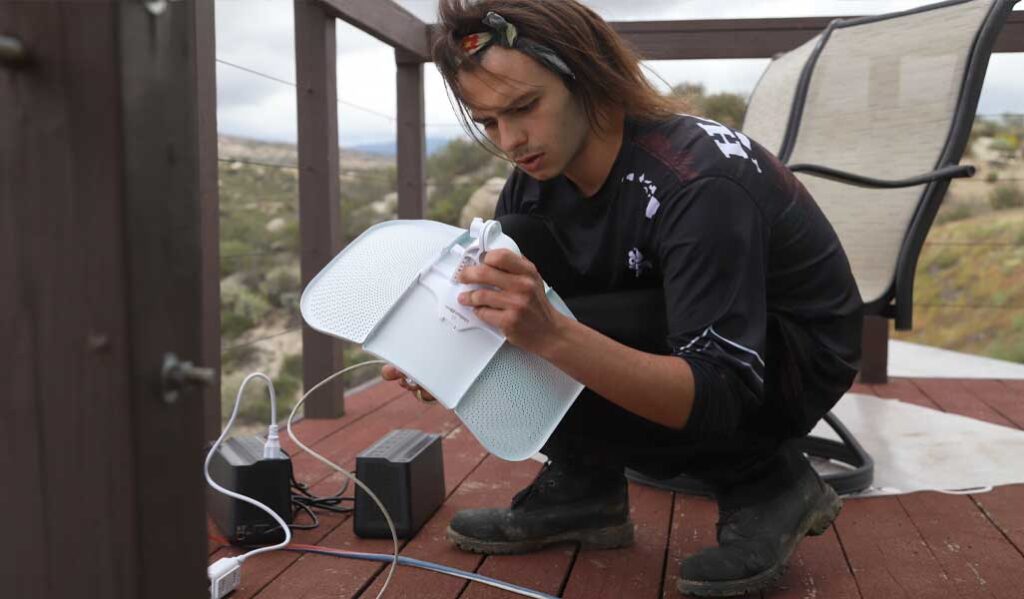
Rapid Response
We are committed to advancing or declining an LOI within one week of when the call for proposals closes. Grants are awarded within six weeks of the call for proposals closing.
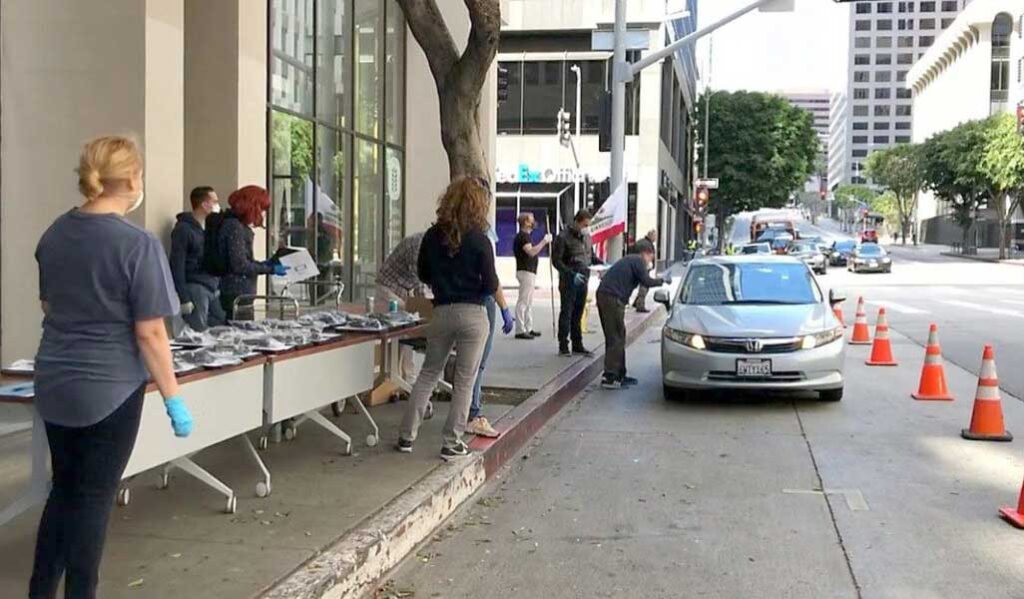
Funding Cycles
In the spirit of acting quickly, grants are reviewed on a rolling basis. Below is a rough timeline of when each cycle’s call for proposals opens:
- Open Educational Resources (Q1 of 2026)
- Digital Equity (Q2 of 2026)
- Smart Justice (Q3 of 2026)
- Student Basic Needs (Q4 of 2026)
Eligibility
For our Spark Grant cycles, we generally focus our impact on organizations doing work in California. Organizations whose work does not impact California are likely ineligible, but please review our call for proposals each cycle.

